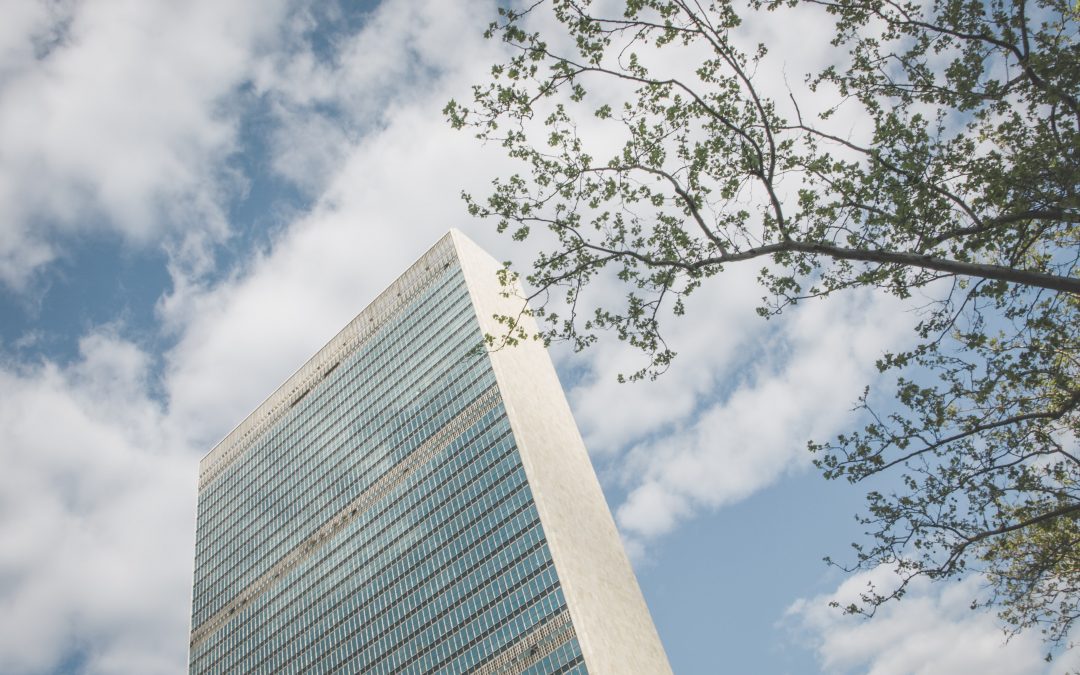The Committee on the Rights of the Child (CRC) recently published its views adopted on 1 June 2022 concerning S.K. v. Denmark (communication no. 99/2019) under the Optional Protocol to the Convention on the Rights of the Child. The author of the communication was an Indian woman who submitted the application on behalf of her minor daughter after their claims for asylum on grounds of domestic violence were rejected in Denmark. She claimed that their lives would be in imminent danger if they were to be removed to India, due to the threats received by her husband and the past history of abuse and assaults in the relationship, as well as by the possible reaction of the family, and the lack of practical and legal opportunities for the author to sufficiently protect her daughter.
The Committee addressed the refoulement of children and stressed the need to conduct an assessment in an age- and gender-sensitive manner. It underlined that States were not to return a child where there were substantial grounds for believing that there was a real risk of irreparable harm to the child, regardless of whether the violation of rights originated from non-state actors or whether they are directly intended actions or the indirect consequence of action or inaction. The Committee also reiterated the principle of the best interests of the child and the principle of precaution already found in S.M.F. v. Denmark (CRC communication no. 96/2019) by affirming that: “Such an assessment should be carried out following the principle of precaution and, where there are reasonable doubts about the ability of the receiving State to protect the child from such risks, States parties should refrain from deporting the child. The Committee reiterates that the best interests of the child should be a primary consideration in decisions concerning the deportation of a child and that such decisions should ensure, within a procedure with proper safeguards, that the child concerned will be safe, be provided with proper care and be able to enjoy his or her rights” (paragraph 7.3).
The Immigration Service accepted the author’s claims of domestic violence by her husband in Denmark, but it found that she would have access to State protection in India. On this matter, the Committee expressed deep concern about the pervasive discrimination against girls and women in India, the persistent patriarchal attitudes and deep-rooted stereotypes and practices that perpetuated discrimination against girls, as well as about the reports of widespread violence, abuse, including sexual abuse, and neglect of children in India.
For these reasons, the CRC found that the Danish authorities failed to accord sufficient weight and examine in detail the author’s claim that state protection would in practice be unavailable to her and her daughter in India. Consequently, the Committee ruled that Denmark, in taking the decision to remove the author and her daughter, failed to properly consider those matters and the real and personal risk of a serious violation of the minor daughter’s rights, in particular being a victim of, or witness to, violence, with the trauma associated. Additionally, the authorities failed to adequately hold the best interests of the child as a primary consideration when assessing the minor’s asylum request against a real risk of irreparable harm in returning her to India. The CRC concluded that the facts amounted to a violation of the minor daughter’s rights under articles 3, 6, 22 and 37 (a) of the Convention on the Rights of the Child.
After the views adopted by the CRC, the Refugee Appeals Board decided to reopen and resume consideration of the case (reference no. Indi/2022/3/sme) and eventually granted the applicant and her minor daughter a residence permit.
Photo by Tomas Eidsvold on Unsplash

